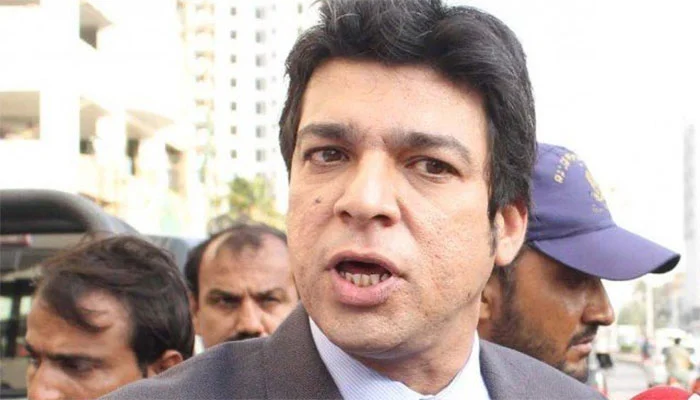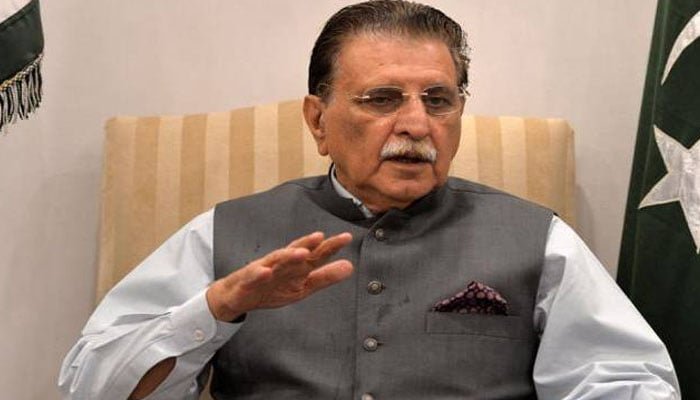Former Prime Minister Yousaf Raza Gillani has voiced his opinions on the recent reforms in the National Accountability Bureau (NAB) law, stating that the revival of this law has reshaped the playing field for the upcoming elections, bringing prominent figures like Mahmood and Ayaaz on the same political stage.
Speaking to the media in Multan, Gillani emphasized that regardless of whether former presidents or prime ministers are incarcerated or residing outside the country, they now stand united in the same political arena. This alignment, according to Gillani, will significantly influence the dynamics of the upcoming elections.
Gillani extended a warm welcome to Nawaz Sharif’s return, asserting that increased participation of leaders of such stature will enhance the political diversity during the elections. He highlighted that this unity among significant leaders could potentially reshape the landscape of Pakistan’s political future.
Moreover, Gillani expressed confidence that the elections, previously slated for the last week of January 2024, will proceed as planned. He suggested that if the Election Commission announces the official dates, it would alleviate the anxiety among the populace, instilling a sense of stability and certainty in the political atmosphere.
Gillani’s remarks shed light on the evolving political scenario in Pakistan. The recent amendments in the NAB law have indeed triggered discussions and debates, reshuffling the political players and alliances. The return of key political figures, like Nawaz Sharif, has injected a new vigor into the political arena, promising a vibrant and competitive electoral landscape.
As the political dynamics continue to evolve, the nation watches with anticipation, keen to witness how these changes will influence the upcoming elections and, subsequently, the future direction of Pakistan’s political landscape. With significant leaders finding themselves on common ground, the stage is set for a compelling and transformative electoral process.


